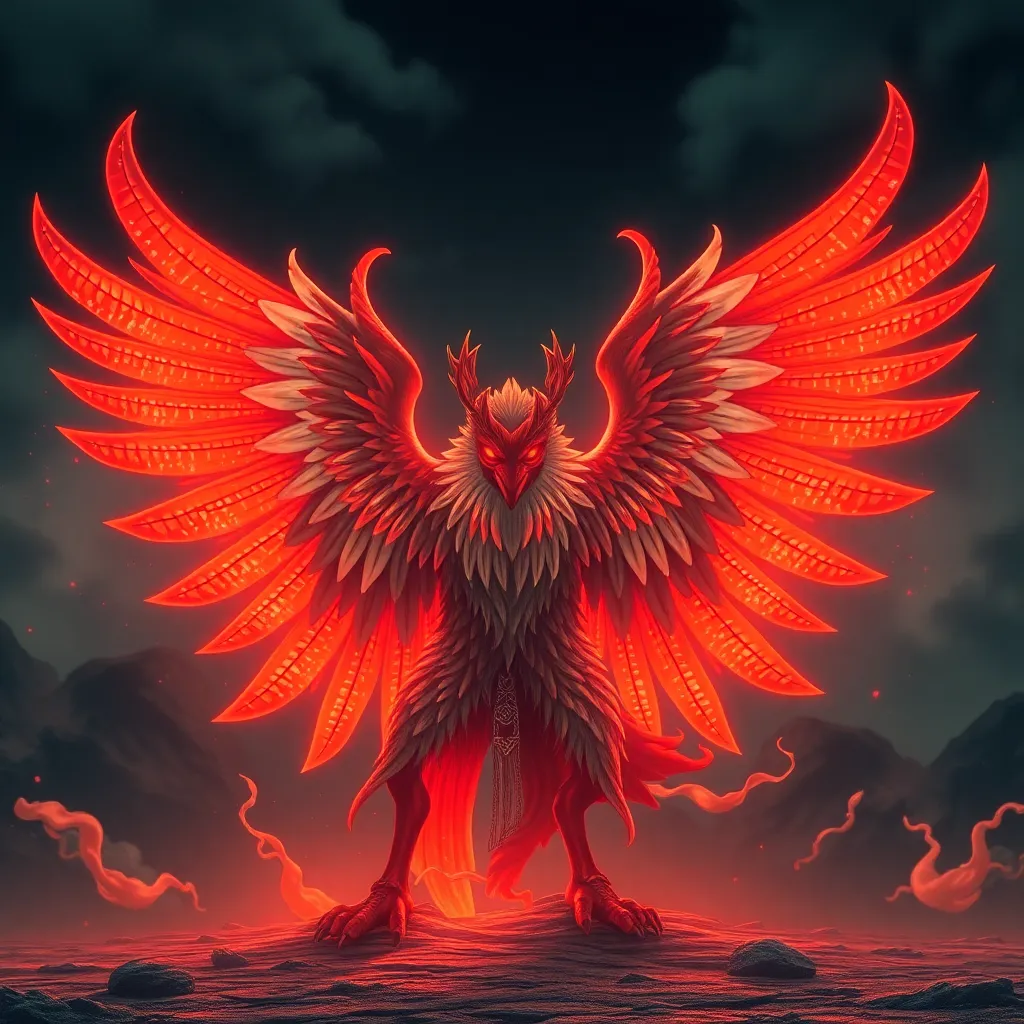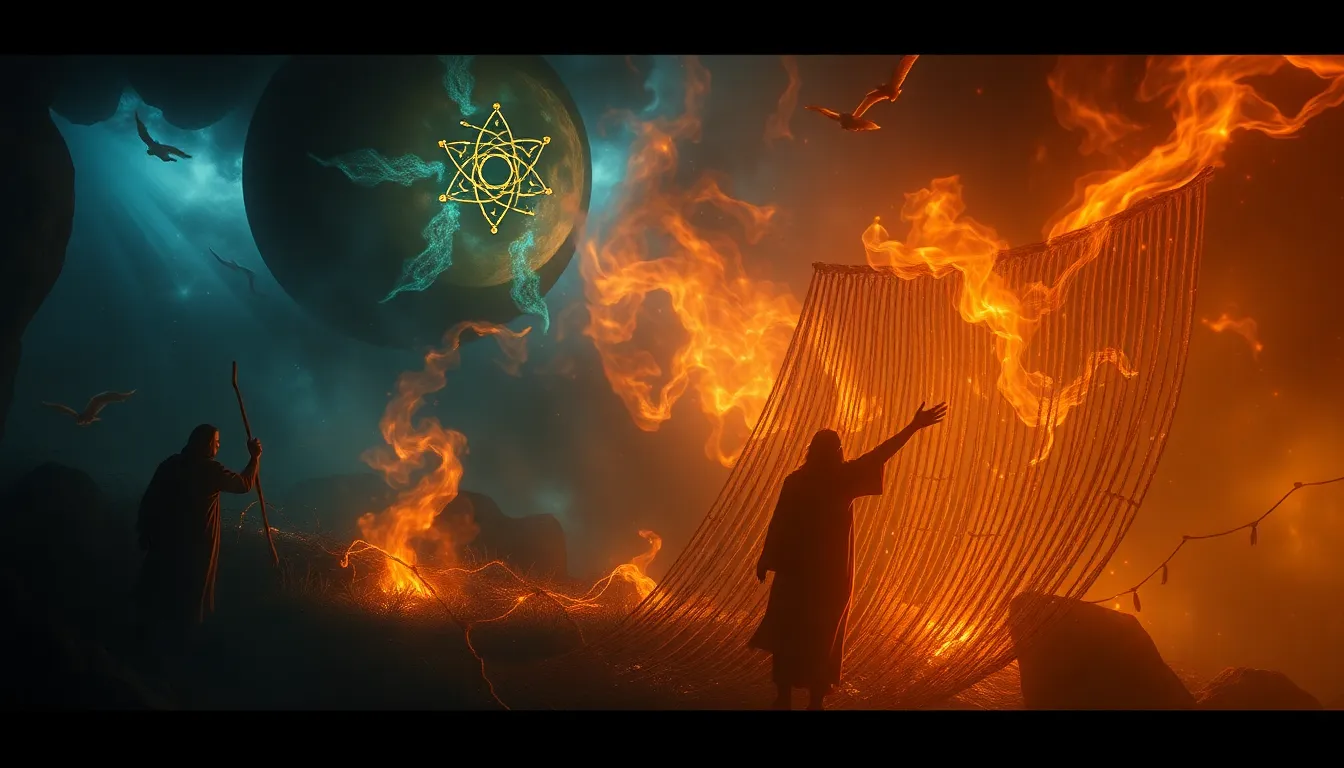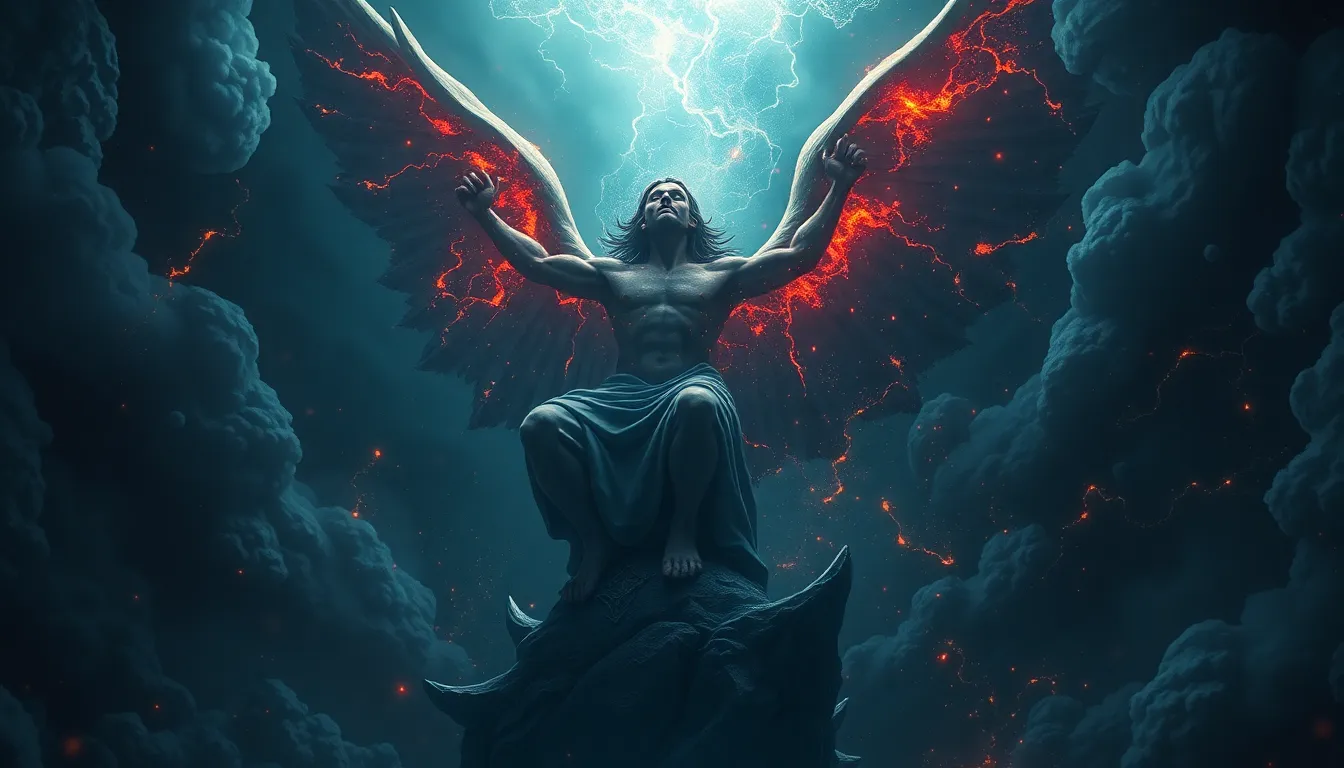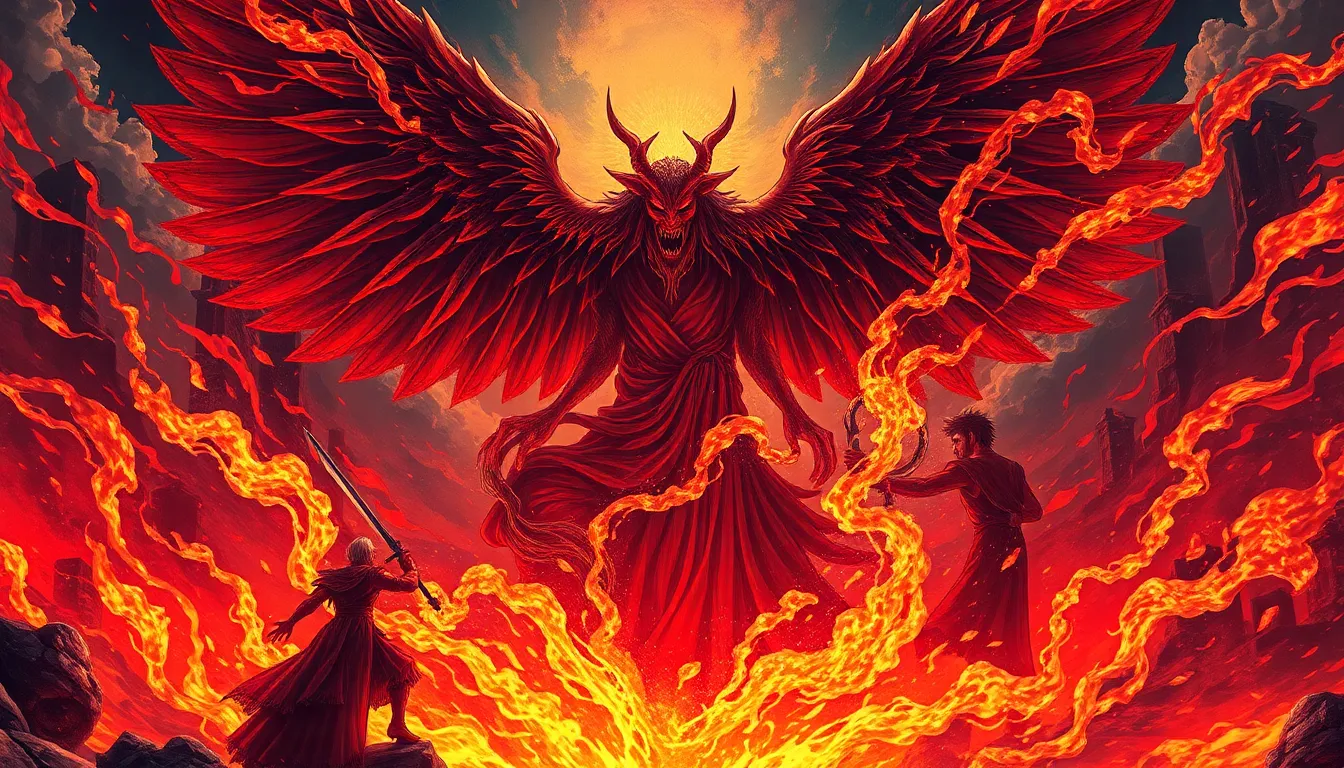Tales of the Tengu and the Gods: Exploring the Relationships between Tengu and Divine Beings
I. Introduction
The Tengu, a fascinating creature in Japanese mythology, has captivated the imagination of many for centuries. Often depicted as bird-like beings with human characteristics, Tengu occupy a unique position in the folklore of Japan. They are seen as both guardians and tricksters, embodying the complex nature of the Japanese spiritual landscape.
In the broader context of Japanese mythology, divine beings play a crucial role, particularly within Shinto and Buddhist traditions. These gods and deities are not only central figures in religious practices but also serve as moral and ethical guides for the people. Understanding the relationships between Tengu and these divine beings provides insight into the intricate tapestry of Japanese cultural heritage.
This article aims to explore the interactions and relationships between Tengu and gods, shedding light on their characteristics, historical significance, and modern interpretations.
II. The Nature of Tengu: Guardians or Tricksters?
Tengu possess a rich array of characteristics rooted in folklore. Traditionally, they are portrayed as skilled martial artists, adept at various forms of combat and possessing supernatural abilities. Their appearances can vary, with some depicted as having long noses, while others resemble more bird-like forms.
One of the most intriguing aspects of Tengu is their dual nature. They are seen as:
- Protectors: Tengu are often viewed as guardians of the mountains and forests, defending the natural world from human encroachment.
- Mischief-makers: Conversely, they are known for their trickster behaviors, playing pranks on travelers and sometimes leading them astray.
Historically, the perception of Tengu has evolved significantly. In earlier folklore, they were feared and respected, while later interpretations have portrayed them as more benevolent figures, embodying the spirit of nature.
III. Divine Beings in Japanese Mythology
Japanese mythology is rich with divine beings, particularly within Shinto and Buddhist traditions. Key gods such as Amaterasu, the sun goddess, and Kannon, the goddess of mercy, play vital roles in the spiritual lives of the Japanese people.
These divine beings serve various functions:
- Creation and Sustenance: Many gods are associated with natural phenomena, such as agriculture, fertility, and the changing seasons.
- Protection and Guidance: Deities often act as protectors, offering guidance and support to their followers.
The interactions between these gods and humans, as well as other supernatural entities, illustrate the dynamic nature of Japanese mythology, where deities are accessible and actively involved in the lives of the people.
IV. Historical Interactions between Tengu and Deities
Folktales and legends frequently showcase the relationships between Tengu and divine beings. These narratives often highlight encounters that are both adversarial and collaborative.
Some notable encounters include:
- The tale of Minamoto no Yoshitsune, a legendary warrior who is said to have trained with Tengu in the mountains, learning their martial arts skills.
- Stories of Tengu assisting gods in battles against evil spirits, showcasing their role as protectors of the natural order.
The cultural implications of these interactions were significant, as they often reflected the values of the society at the time, including the importance of harmony with nature and the balance between good and evil.
V. Symbolism of Tengu in Relation to Divine Beings
Tengu are rich in symbolism, representing various concepts in relation to divine beings. They are often associated with:
- Nature: As guardians of the mountains, Tengu symbolize the power and beauty of the natural world.
- War and Transformation: Their martial prowess links them to themes of conflict, change, and personal growth.
The philosophical and spiritual meanings behind Tengu’s relationships with gods suggest a complex interplay between the earthly and the divine. This relationship has significantly influenced Japanese art and literature, inspiring countless works that explore themes of nature, spirituality, and the human experience.
VI. Modern Interpretations of Tengu and Divine Relationships
In contemporary culture, Tengu have been reimagined in various forms, from anime and manga to video games and literature. They are often depicted as complex characters, balancing their mischievous and protective traits.
This shift in perception reflects a broader cultural trend, moving from viewing Tengu as feared creatures to embracing them as cultural icons. Their relationships with gods are explored in modern narratives, highlighting themes of coexistence, respect for nature, and the importance of balance in life.
The relevance of Tengu-god relationships in modern spirituality is evident in various practices, where people seek to understand the natural world and their place within it through the lens of these mythological figures.
VII. Comparative Analysis: Tengu and Other Mythical Creatures Worldwide
When comparing Tengu to other mythical creatures worldwide, several similarities and differences emerge. For instance, like Tengu, many cultures possess nature spirits or trickster figures, such as:
- Native American Tricksters: Figures like Coyote or Raven, who embody similar dualities of wisdom and folly.
- European Fairies: Often mischievous and connected to the natural world, reflecting similar themes of nature and trickery.
Cross-cultural perspectives reveal that the relationship between nature spirits and deities often emphasizes the importance of balance and respect for the environment. Tengu’s interactions with gods offer valuable lessons about coexistence, respect, and the complexity of nature.
VIII. Conclusion
In summary, Tengu and divine beings hold significant places in Japanese mythology, embodying complex relationships that reflect the values and beliefs of society. These interactions have shaped cultural narratives and continue to influence modern interpretations of spirituality.
The enduring legacy of Tengu and gods serves as an invitation for further exploration of Japanese mythology, revealing a rich tapestry of characters and stories that resonate through time.



